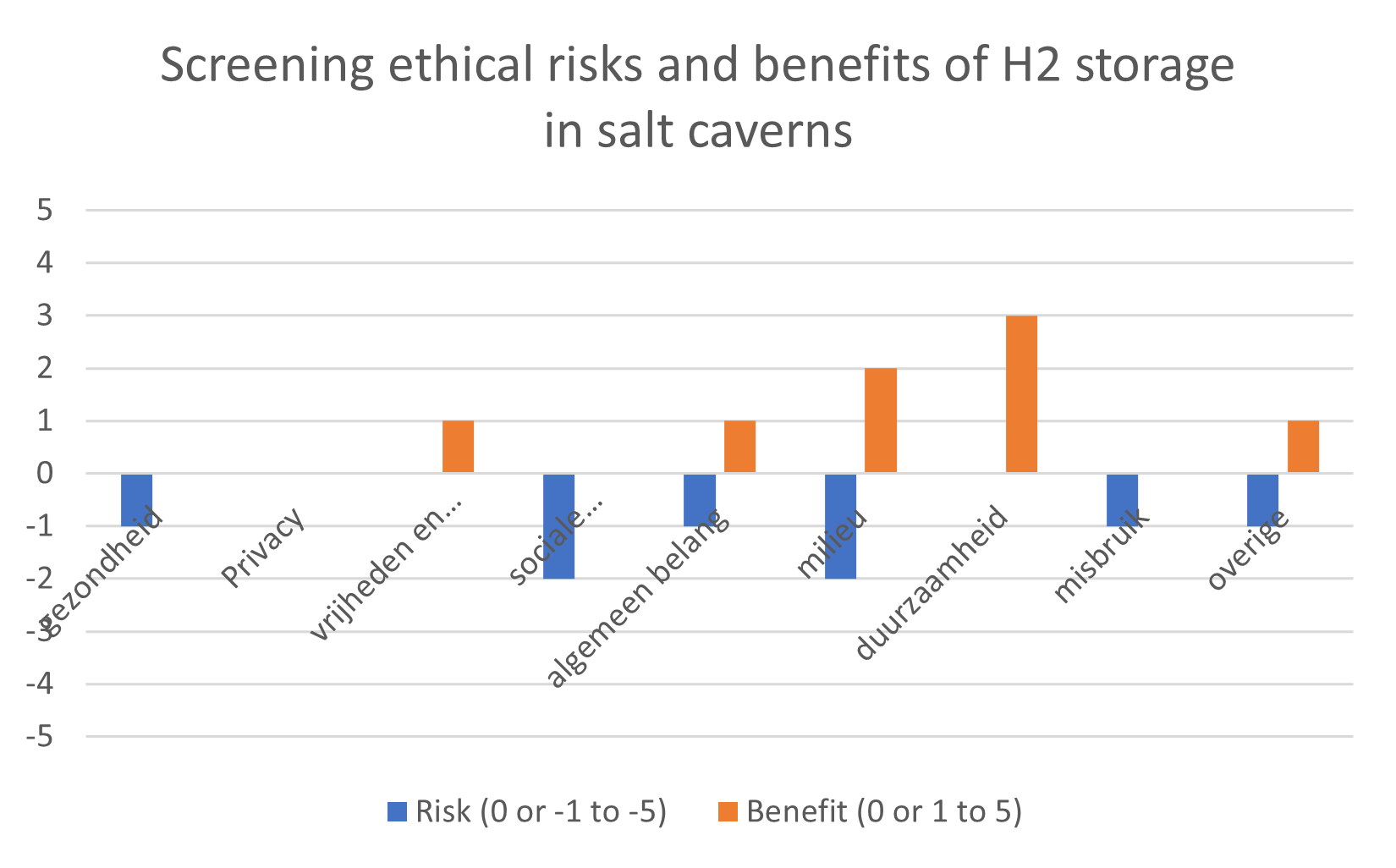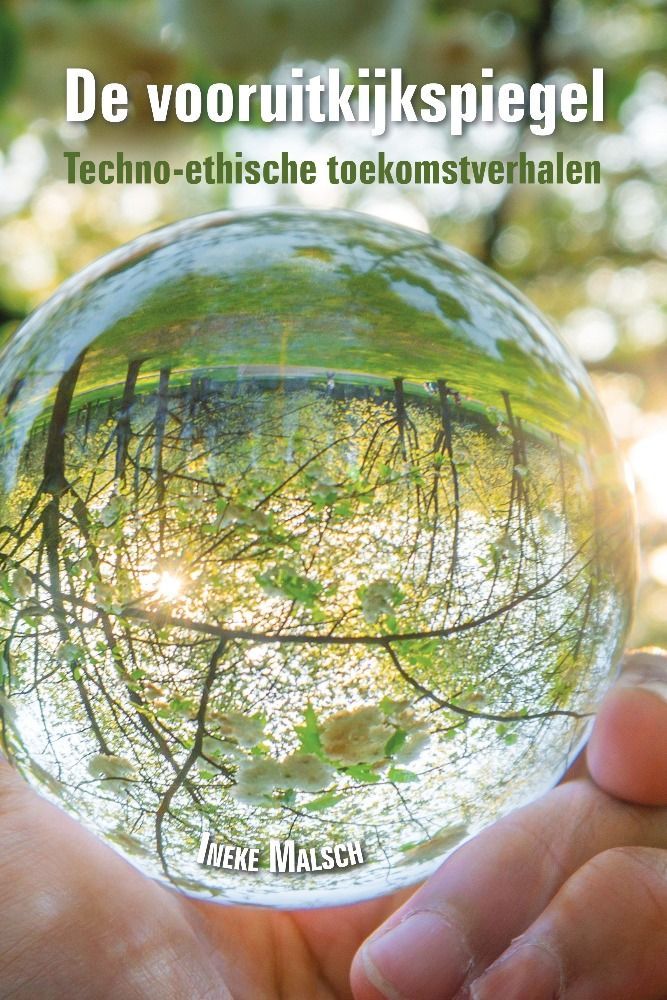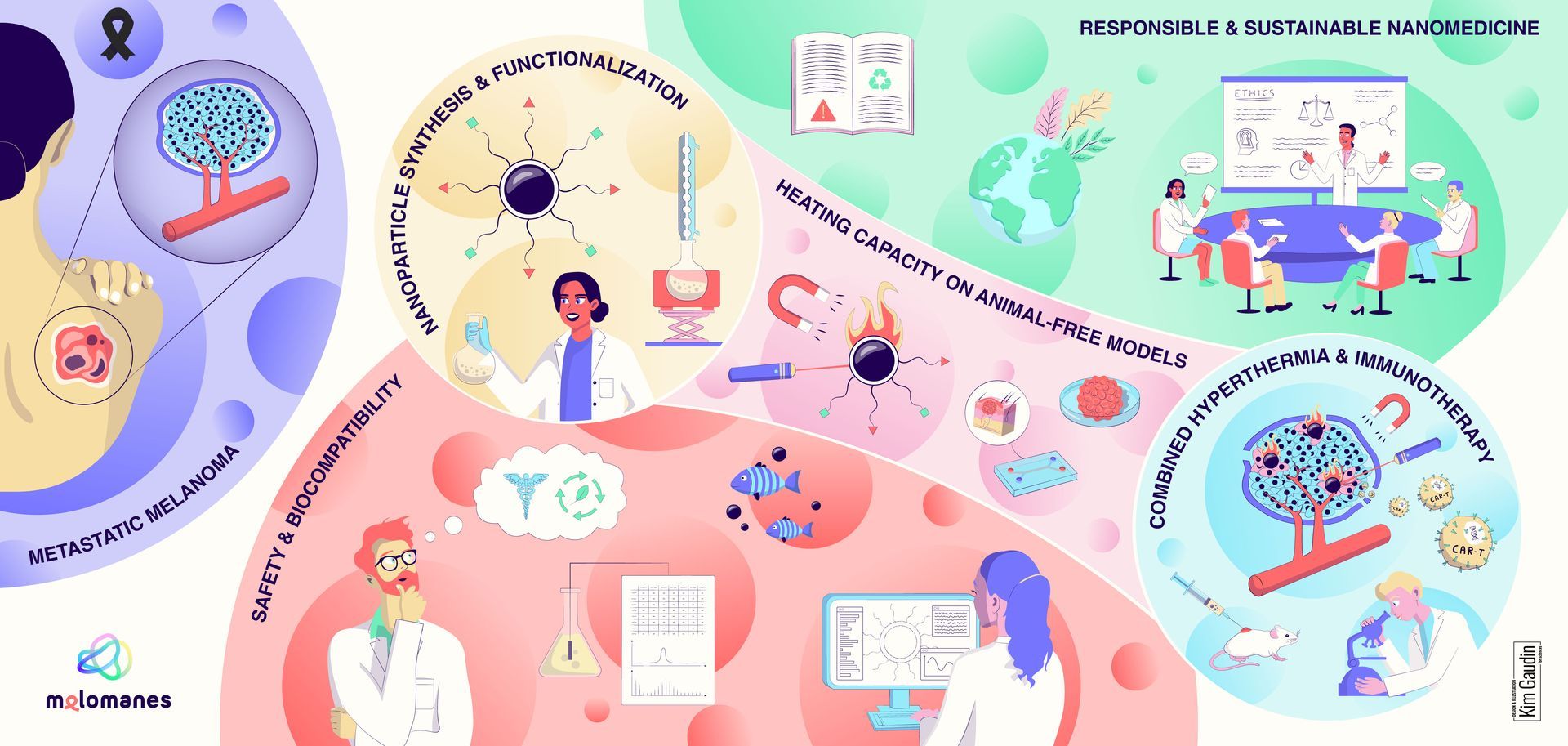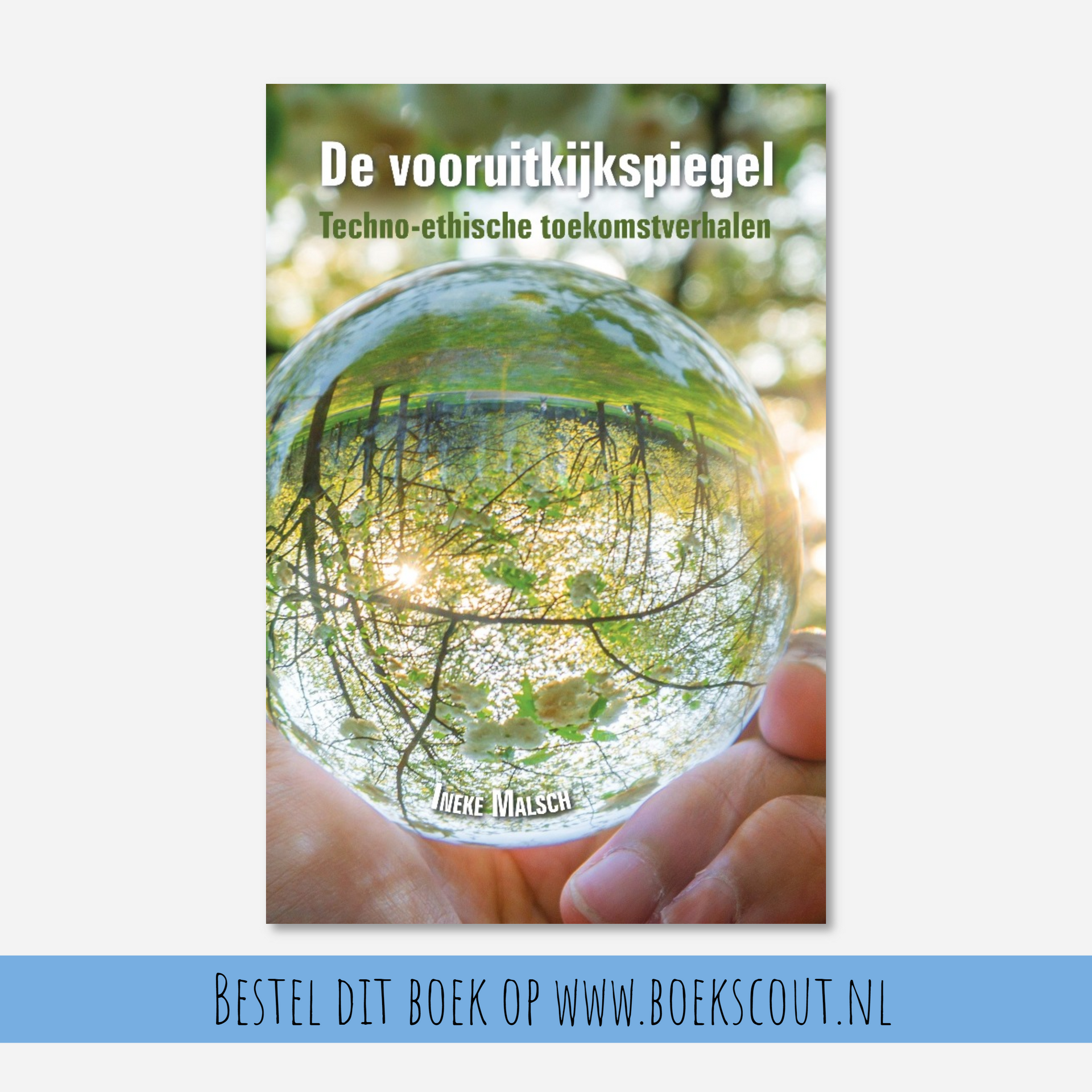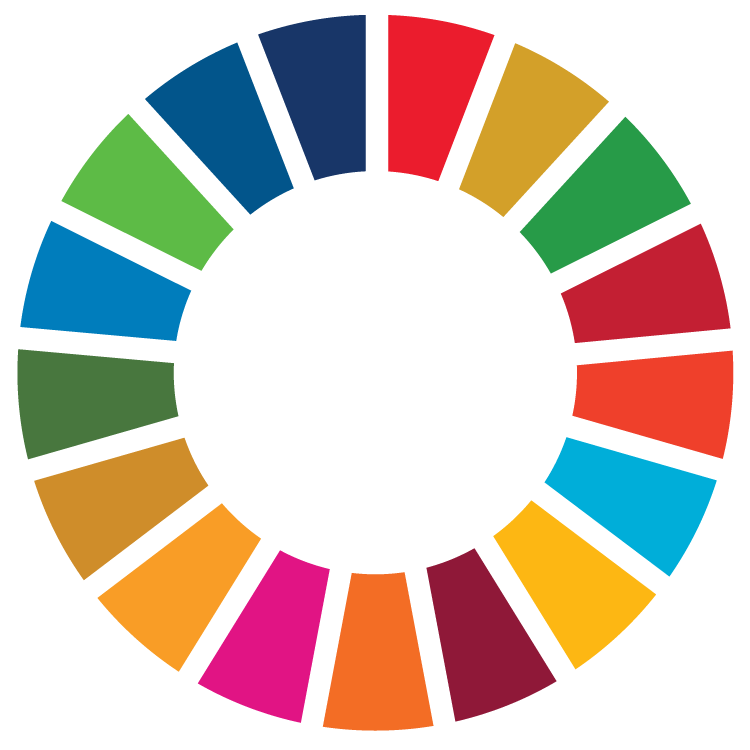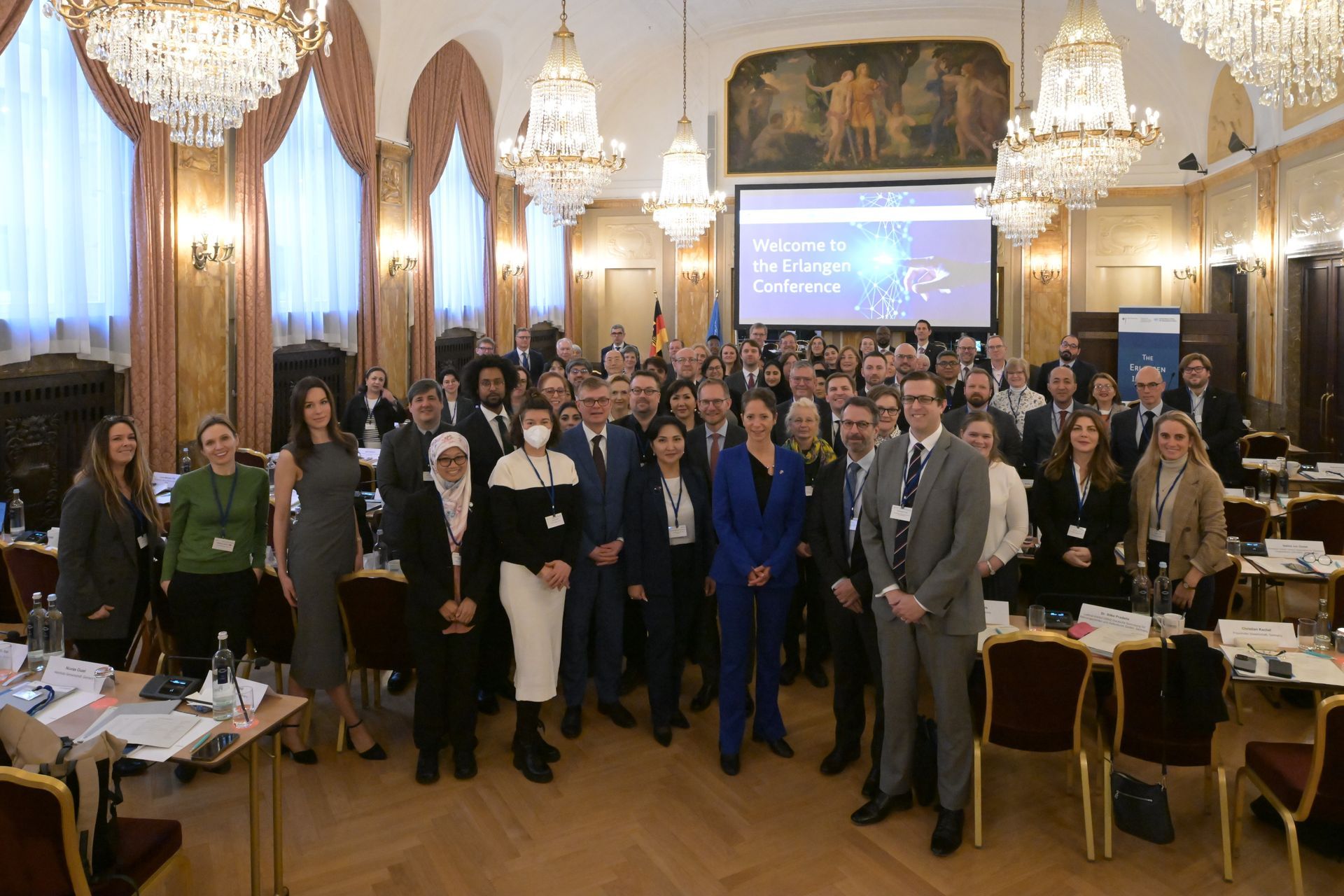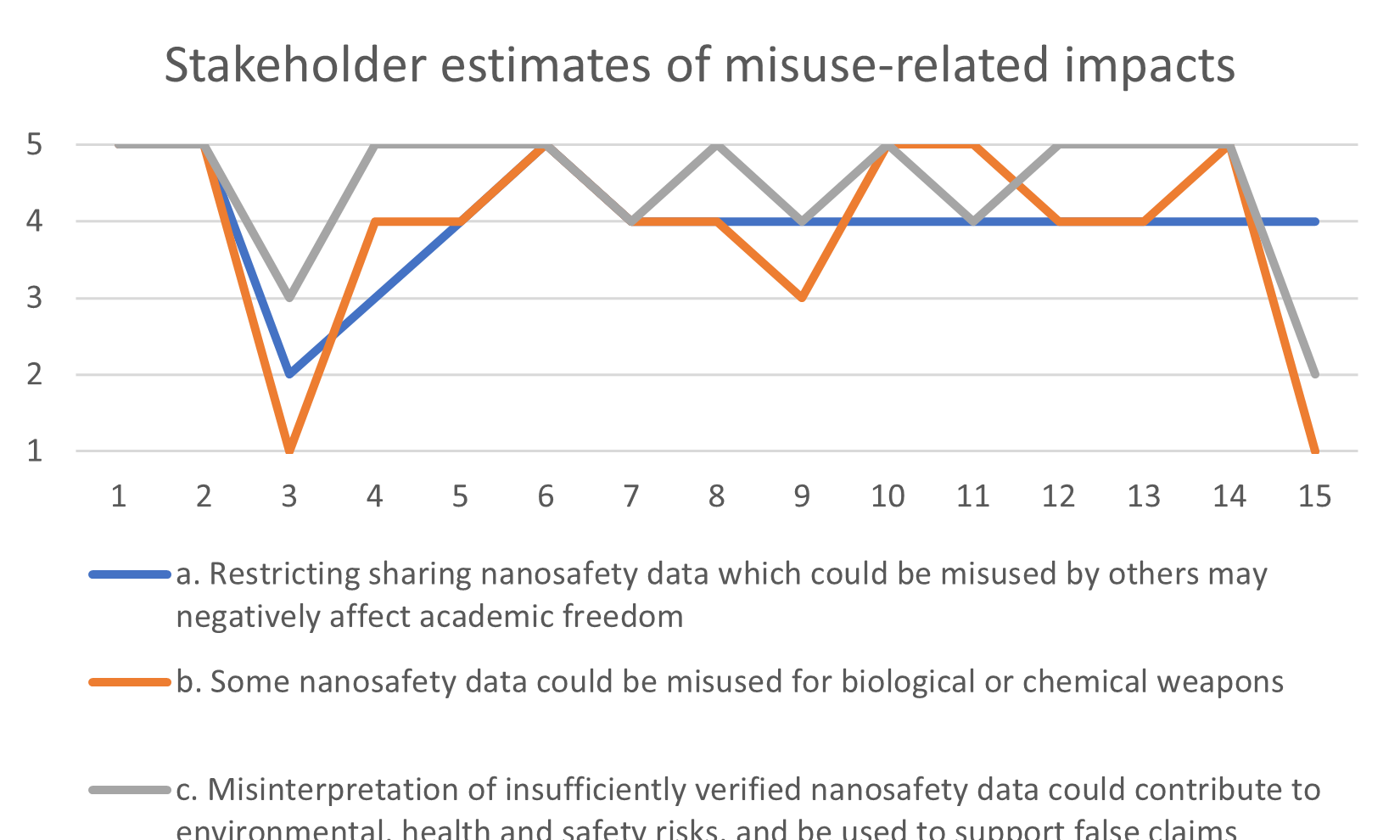Evolving perspectives on nanoeducation
CRC Press just published the e-book 21st Century Nanoscience – A Handbook: Public Policy, Education, and Global Trends (Volume Ten) edited by Klaus Sattler, including a chapter on Evolving perspectives on nanoeducation and capacity development by Ineke Malsch and Frank Kupper.
Ever since governments started major public investment programmes in nanosciences and nanotechnologies, around 2000, the issue of nanoeducation has been discussed. Unlike more traditional, disciplinary areas of research, nanotechnology has been planned from the start to be interdisciplinary and has raised expectations of major impacts on society and the economy. Experts and stakeholders have been discussing the aims, scope and organisation of education and capacity development in nanosciences and nanotechnologies for over a decade.
Both in the education of nanoscientists as well as the interactions between nanoscience and other parts of society, it is important to build the capacity for reflexive awareness of sociotechnical issues, potential impacts and the values at stake. The tools we have developed in the EU-funded project Nano2All for citizen and stakeholder dialogue sessions may be used for training purposes in nanoeducation. Raising awareness of the potential impacts of nanotechnology amongst the general public is a mirrored case of capacity development, focusing on technological citizenship. This also entails reflexive awareness, but from a different starting point.
In this chapter, we analyse how the discussion on nanoeducation has evolved over the years. We include more in-depth discussion of the role of capacity development of stakeholders in the Nano2All project we are all contributing to, since this has not been published before. Read more here .
